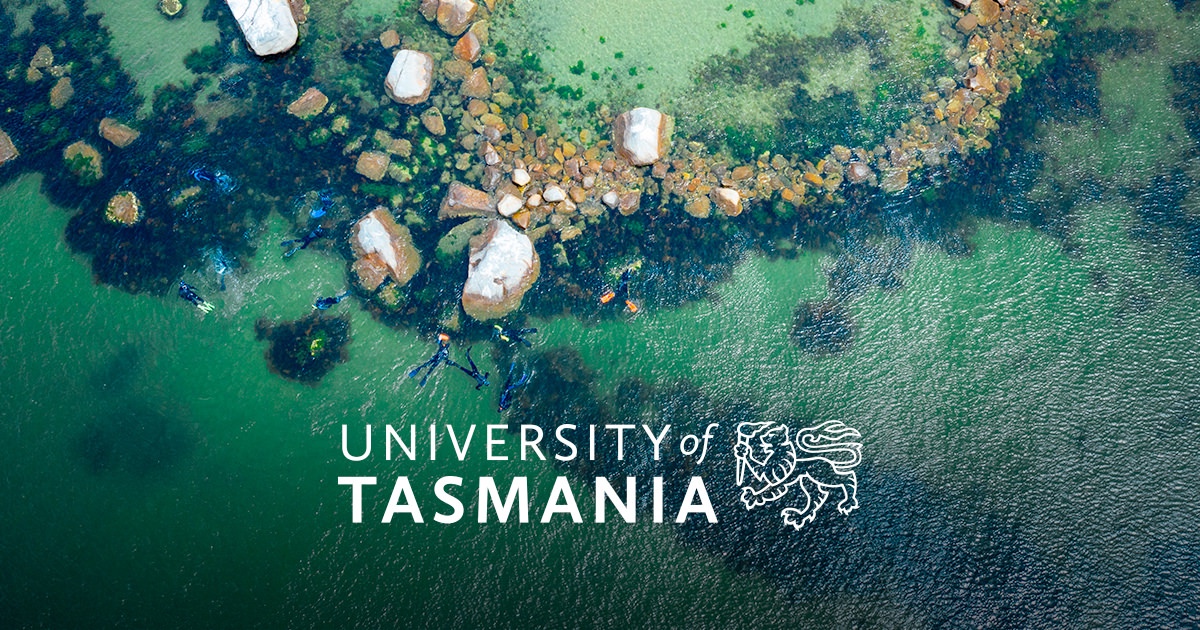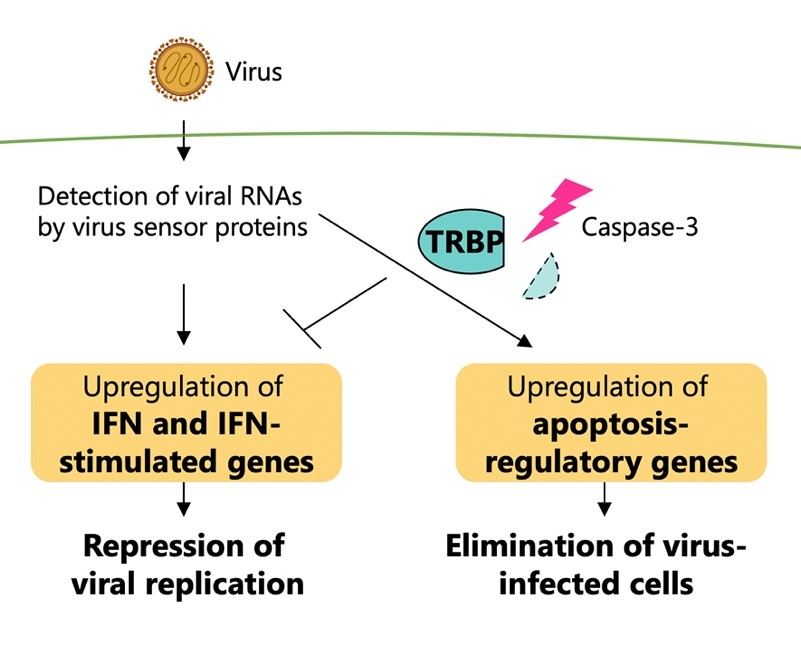Thank you, Richard.
Can I also start by acknowledging the traditional owners of the land we meet on today here in Sydney – the Gadigal people of the Eora nation – and pay my respects to their elders past, present and emerging.
COVID has meant a sudden reversal of fortune for many companies and virtually every airline – including the Qantas Group.At the start of this year, we were on track for another strong profit. Dividends were set to increase. We were hiring new people and getting ready to order aircraft for Project Sunrise.
And we were looking forward to celebrating 100 years of this great company.
Instead, we’re dealing with the worst trading conditions in our long history. And the biggest crisis global aviation has ever faced.
THE NEED FOR REINVENTION
As Richard mentioned, we’ve had to make many tough decisions to make sure we survive.
What has become crystal clear is that the Qantas Group after COVID has to be structurally different to the Qantas Group before COVID.
We know the economy will be finding its way out of a recession, with all the implications that has for consumer confidence and spending.
We know the domestic market will be extremely competitive.
And we know that our revenue will be significantly lower for some time – especially with the continued grounding of most international operations.
The only antidote when you’re faced with less revenue is to lower your costs.
We have identified $15 billion in cost savings over the next three years, mostly through reduced flying activity.
We’re also targeting $1 billion in ongoing cost improvements from Financial Year 23.
The $1 billion in savings are front-end loaded, with $600 million due to be unlocked in this financial year. Progress has been strong, with the FY21 program about halfway through, and expected to be 90 per cent complete by the end of December 2020.
In addition to job losses, we’ve announced a review of our property footprint in order to consolidate.
We’ve stopped cash spending on sponsorships – because we can’t justify that while the majority our people are stood down.
We’re renegotiating our arrangements with travel agents, which will create better selling opportunities for the trade and significantly reduce our cost of sale.
And we’re reviewing our ground handling operations with a view to saving up to $100 million a year.
These are the kind of changes – the kind of reinvention – you need when IATA says that global travel demand is expected to take up to four years to fully recover.
But we need to do this without losing sight of the things that make the Qantas Group an Australian icon and one of the world’s best airlines. The things that drive customer loyalty. Or our commitment to serving regional communities. To innovate and push boundaries. To be there, as the national carrier, when it counts.
SEGMENT PERFORMANCE – DOMESTIC AND INTERNATIONAL
As we move towards half year, I want to touch briefly on how our key segments are performing.
The unexpected closure of several domestic borders in July meant our recovery has been delayed.
We had expected Group Domestic to be operating at about 60 per cent of pre-COVID levels by now. Instead, the continued border closures mean capacity is now below 30 per cent.
This delay resulted in a $100 million negative impact on earnings for the first quarter of FY21, and will have an impact on Q2 as well.
Essentially, this is a timing issue. We know the upswing will materialise – just later than planned.
Importantly, we have the liquidity to manage this. And, because our cash flow from continuing operations is positive before one-offs like redundancies, we could continue at this level of flying for a very long time – if we had to.
But we don’t expect that to be the case. Our three year recovery plan remains on track, helped by the rapid progress on structural cost reduction.
And, as Richard mentioned, there are plenty of positive signs on borders.
Assuming Queensland opens to New South Wales in coming weeks, we expect Group Domestic capacity to reach up to 50 per cent by Christmas.
We know that latent travel demand is strong. We saw that with our ‘scenic flight’ earlier this month, which sold out in 10 minutes. And we saw it when South Australia opened to New South Wales, with 20,000 seats selling across Qantas and Jetstar in just 36 hours.
With most international travel off limits for a while, we’re expecting to see a boom in domestic tourism once more borders open up. The Group is very well positioned to make the most of that opportunity.
In fact, over time, our domestic market share is likely to increase organically from around 60 per cent to around 70 per cent, as our main competitor changes its strategy.
And when international travel does eventually return, our market share is expected to grow too, as overseas carriers take a conservative approach to capacity and focus on opportunities closer to their own home markets.
SEGMENT PERFORMANCE – LOYALTY AND FREIGHT
Two standout performers through this crisis have been Qantas Loyalty and Qantas Freight. Their contribution is a key reason why our ongoing operations are cashflow positive.
Loyalty’s profit slipped less than 10 per cent in FY20 – which is remarkable under the circumstances. It reflects the fact that the majority of points are earned on the ground, and the fact that border closures have only increased people’s desire to earn points for travel once things open up again.
Loyalty’s performance also reflects the benefit of its diversification in recent years. For instance, Qantas Wine has seen record sales, with revenue up 75 per cent in July and August compared with the same time last year.
Since the start of the year, we’ve added new partners like BP Fuel and Afterpay – both of which are performing well above expectations.
All of this has combined to create record levels of member satisfaction, which will be a core strength in an increasingly competitive domestic market.
Meanwhile, Qantas Freight has benefited from the shift to e-commerce. It’s seen levels of regular activity more in-line with the Christmas rush in recent months.
Some of this is obviously temporary but Australia Post believes the shift to online shopping has been permanently accelerated and freight volumes will be significantly higher going forward – which is a great sign for our exclusive, seven-year deal with Post.
At the end of this month – as part of that deal – we have the first of three A321 freighters arriving, which carry 60 per cent more than our 737 freighters and are more fuel efficient.
So, while we are clear-eyed about the significant challenges we face, there are some bright spots in our portfolio that will assist in recovery.
ACKNOWLEDGING SUPPORT
I want to acknowledge the support of several key stakeholders.
Firstly, our people.
As Richard mentioned, we’re acutely aware of the impact this crisis has had on 30,000 individuals across the Group. Most are stood down with no clear timeline for when their flying careers with resume. Thousands will lose their job altogether.
I have personally said goodbye to people who have spent 20, 30 or even 40 years here.
One source of hope are the stories from employers who have taken on a Qantas or Jetstar person – either permanently or during stand down – which reflect what a great set of skills they have to take them forward.
Can I also recognise our loyal customers. The messages of support, and enthusiasm to fly with us again have been exceptional.
We’ve also had tremendous support and understanding from our major suppliers. They have given us a level of flexibility that is helping us get through this challenging time.
I want to thank you – our shareholders – for your continued support.
And finally, can I acknowledge the Federal Government’s support of the aviation industry as a whole.
JobKeeper has been critical for our people on stand down and the underwriting of some flying has meant we have been able to keep critical transport links open.
CONCLUSION
There is no doubt we’re in the middle of the toughest period the national carrier has ever faced.
But we entered this crisis in a strong position and have plenty of reasons to be confident, including:
- Our liquidity and significant base of unencumbered assets
- The progress on our transformation program; and
- Clear signs of very strong domestic travel demand.
We will come through this crisis more efficient and more focused – ready to take advantage of the opportunities on the other side.
With your continued support, we look forward to embarking on the next 100 years of Qantas.








